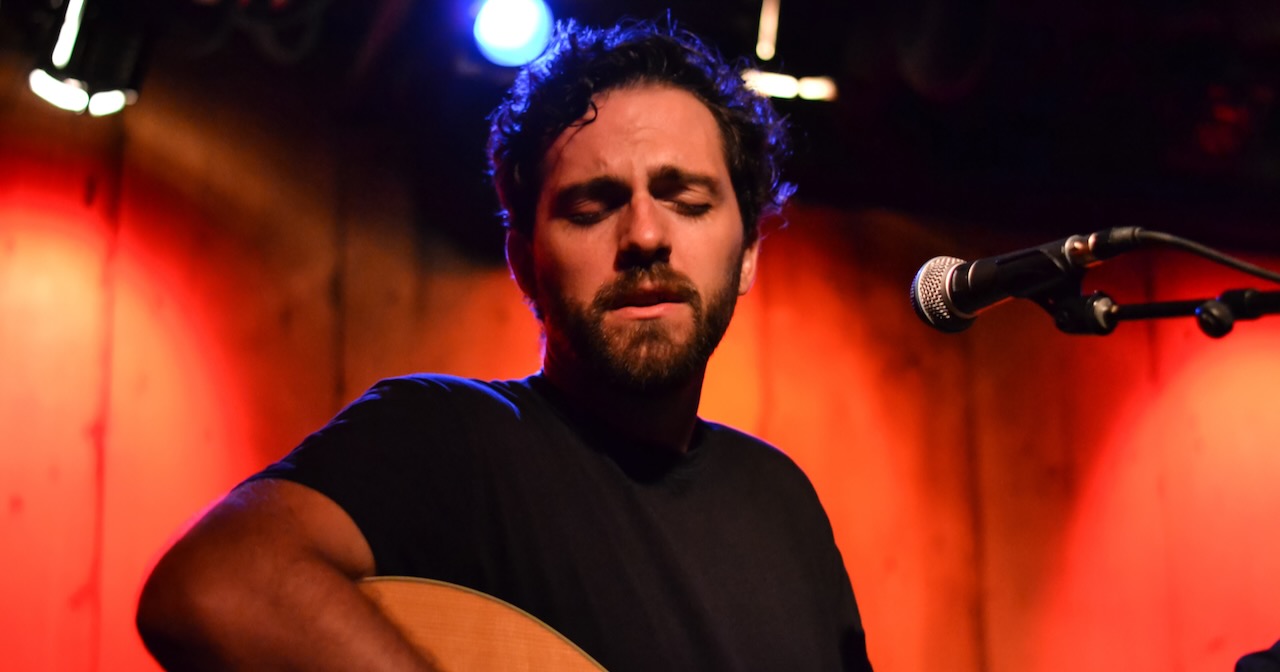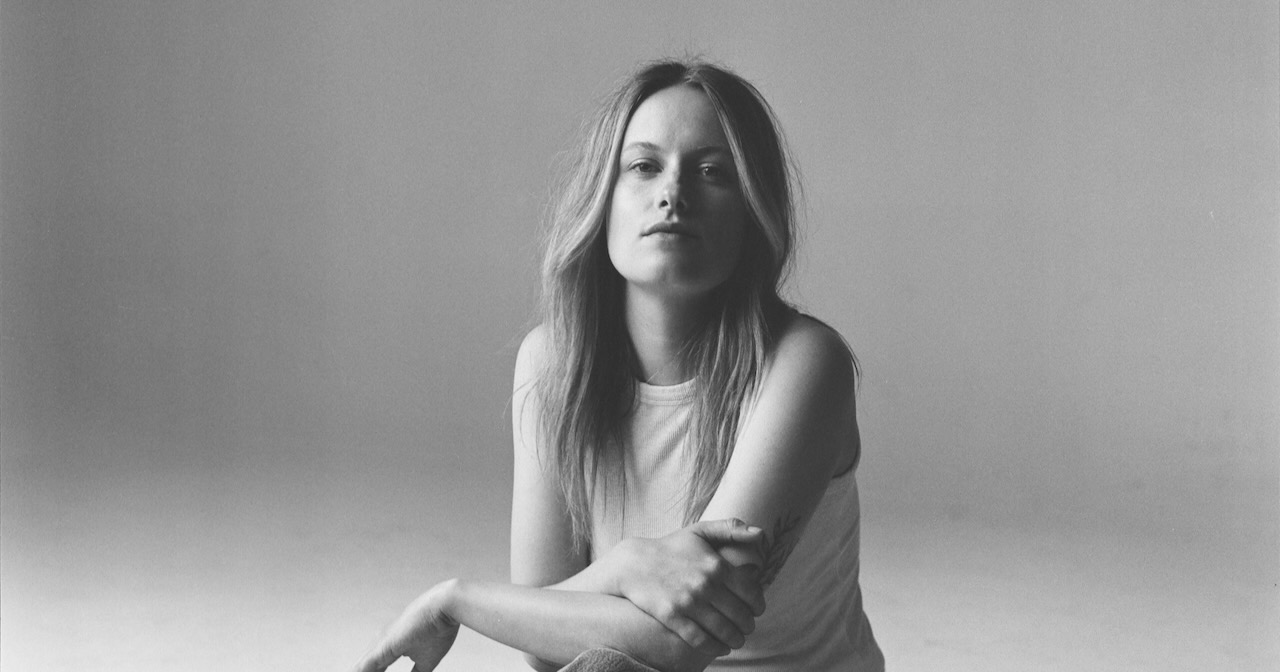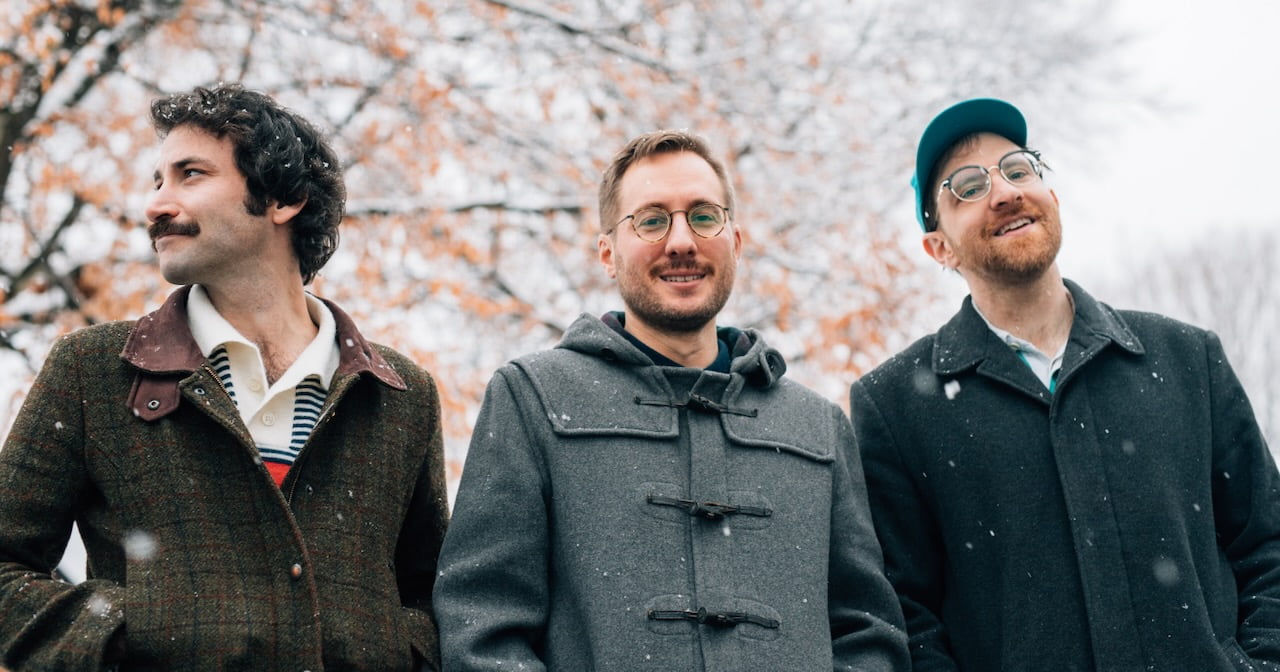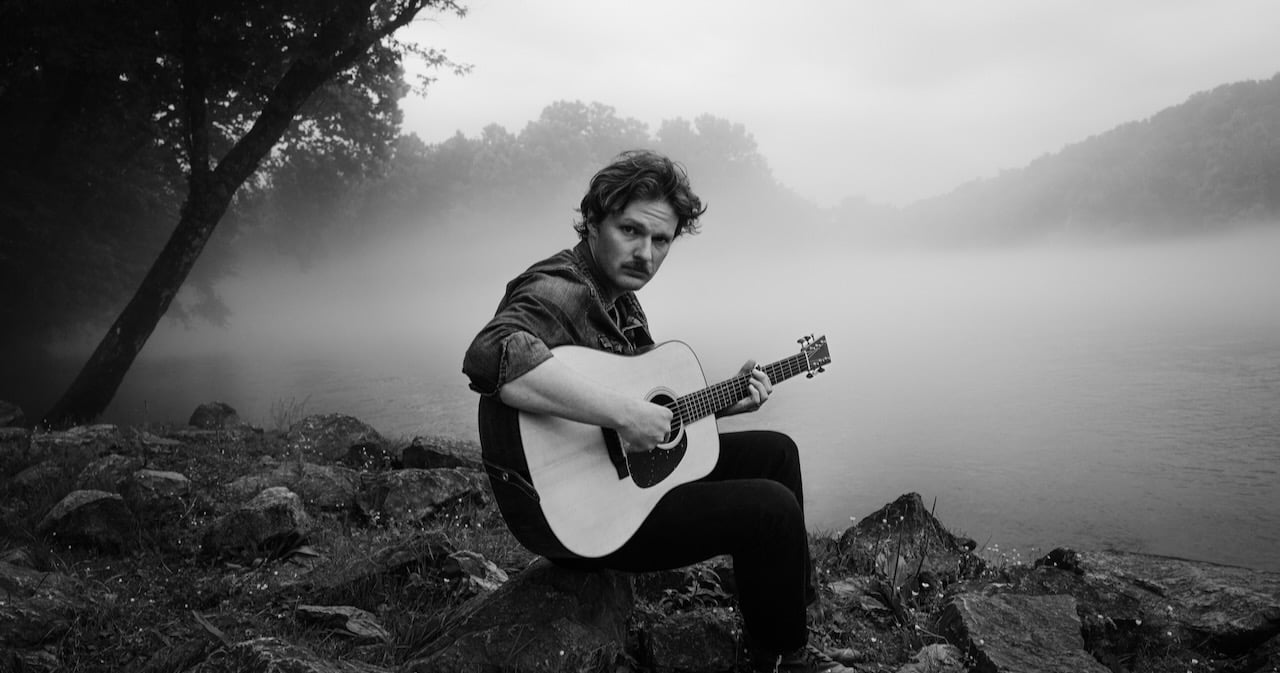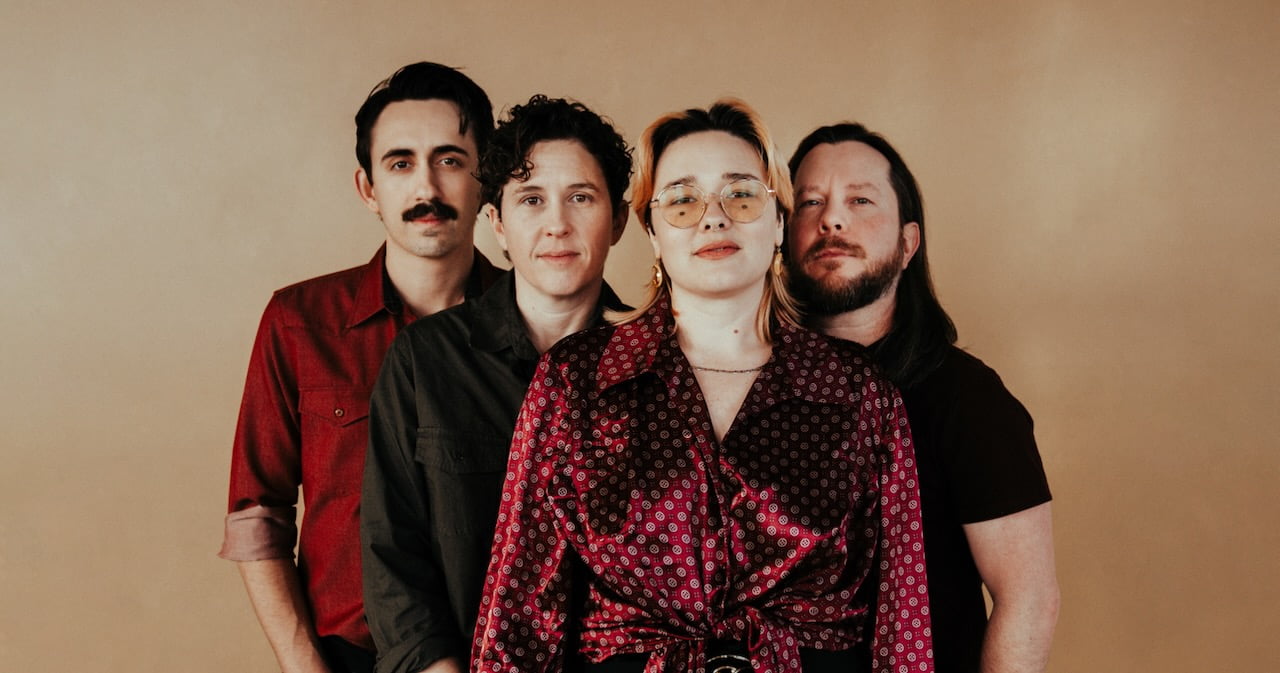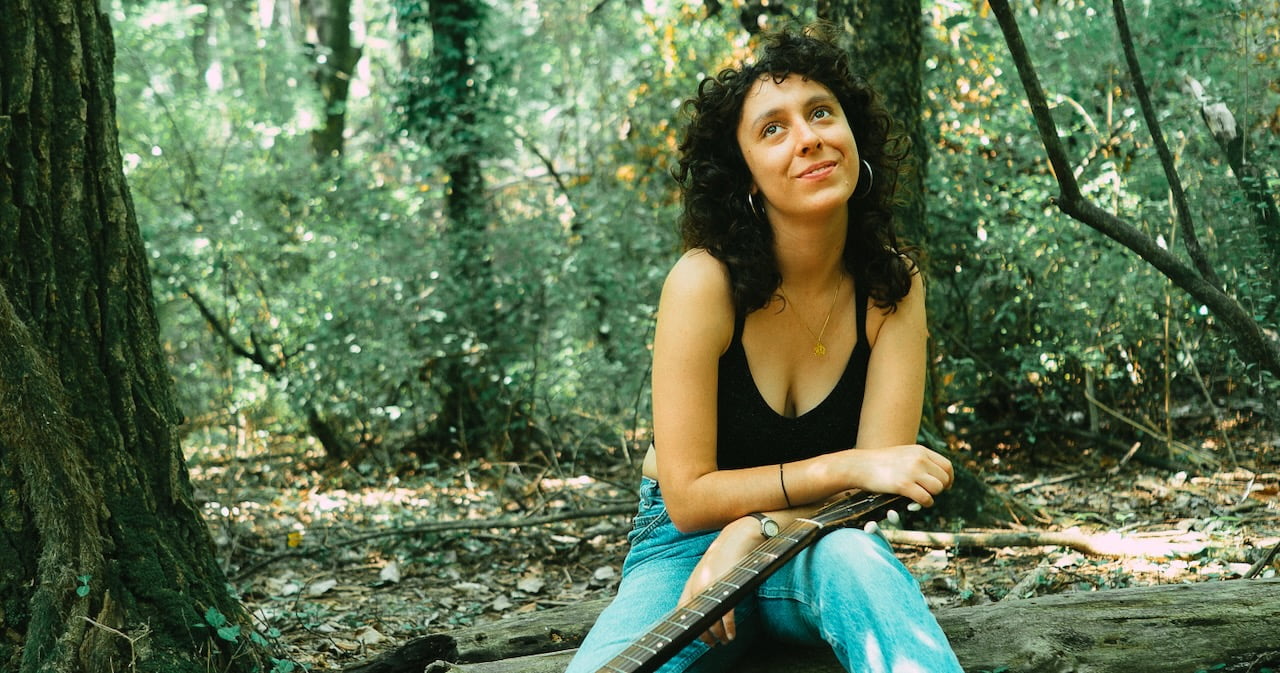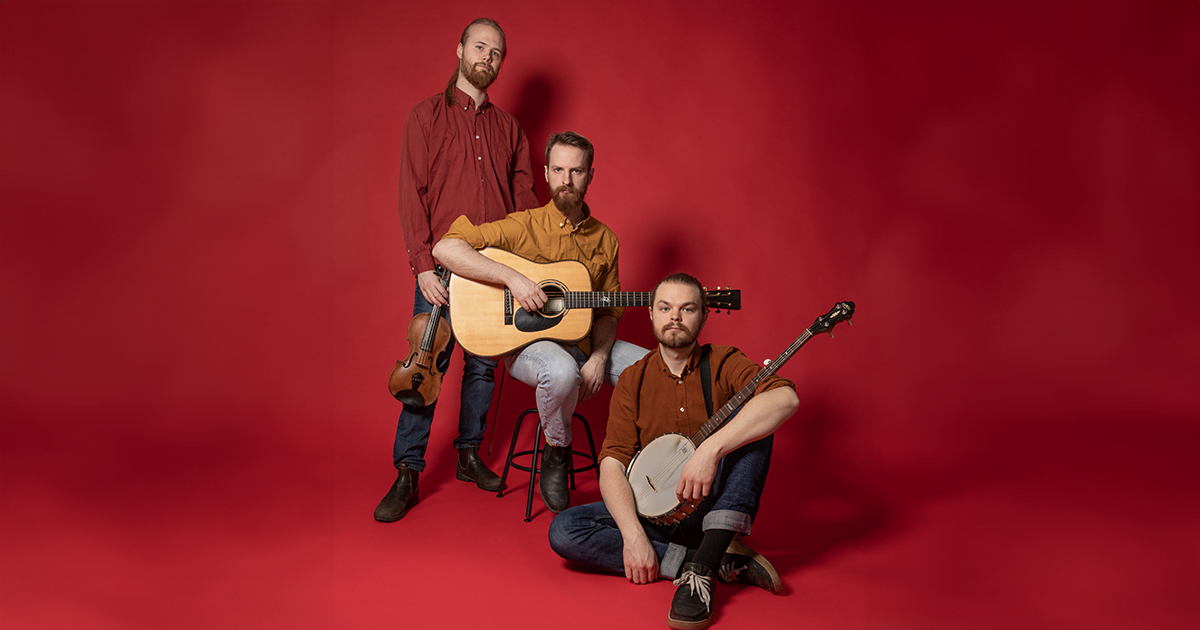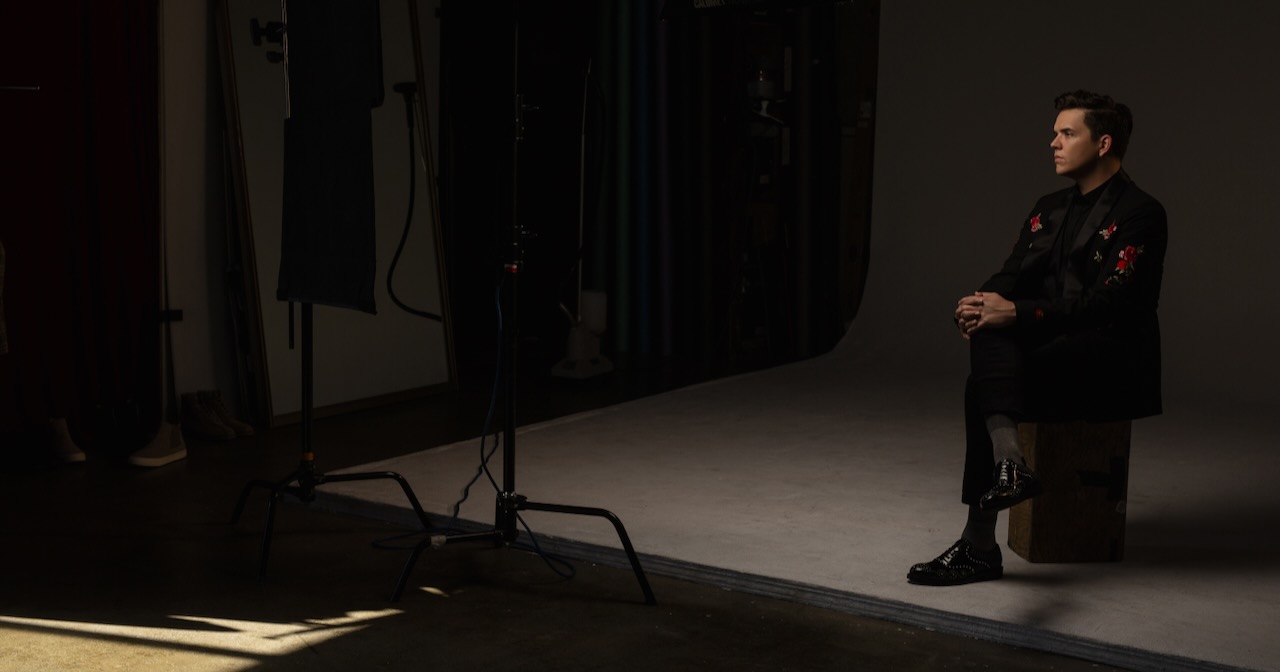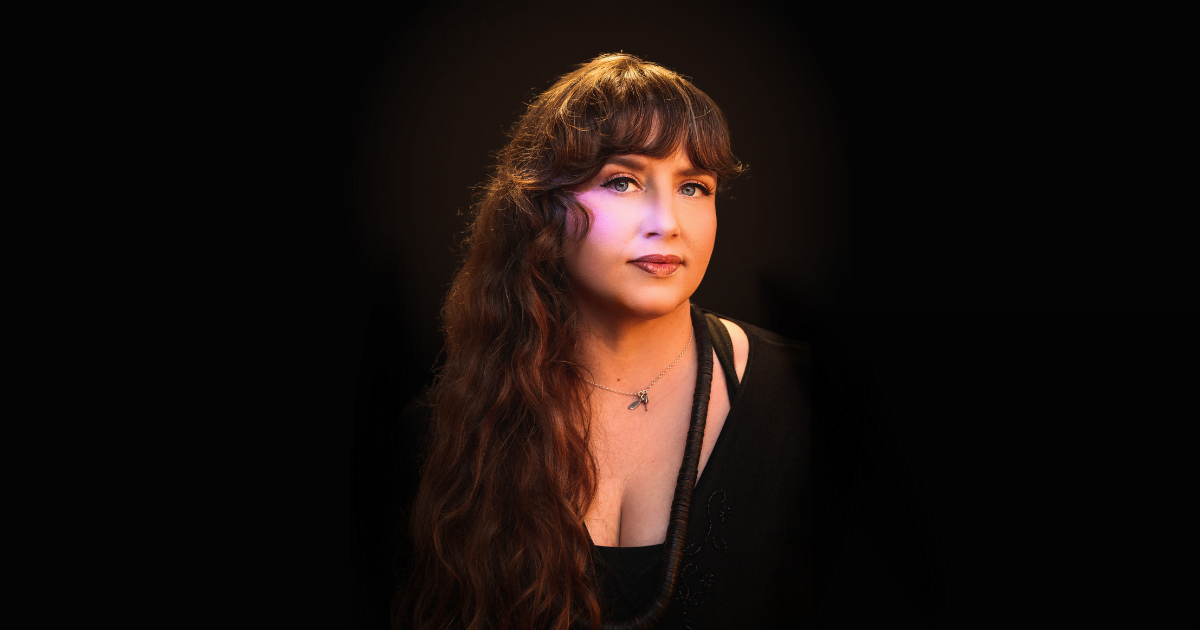Artist: The Lost Wayne (AKA Hunter Hoffman)
Hometown: DMV (DC/Maryland/Virginia)
Latest Album: Tangerine
Personal nicknames (or rejected band names): Hamster, Smooch
Which artist has influenced you the most and how?
There have been, and there continues to be, so many that it’s hard to narrow it down to just one. But the artist who has had the deepest impact on me has definitely been Noah Gundersen. My sister introduced me to his music in my early 20s and I have been a massive fan ever since. His honesty and vulnerability in his writing is something I’ve always admired and been drawn to. We’re both around the same age and I felt the experiences he was singing about were lining up exactly with my life. I’ve seen him play live many times, both solo and with a full band, and you can feel the crowd just completely magnetized to him and feeling every lyric and emotion of each song. One way I like to test if a song is well written is if it’s message and gravitas holds up with just the artist and their instrument. His music is equally impactful with the fullness of produced sound or a solo acoustic set. He’s inspired me in so many ways in finding the deep truths in my songwriting and how to translate that into performing live. I could go on and on, but I feel like it’s starting to sound creepy so I’m going to stop!
What was the first moment that you knew you wanted to be a musician?
I moved to New York to go to acting school at The Neighborhood Playhouse and in my college years I had played little open mic showcases on campus and had written a handful of songs. I had dreams of becoming a musician, but was primarily focused on acting. I set a goal for myself that I wanted to get a show playing a full set of original music, so I went to an open mic at the former coffee shop/concert venue Waltz-Astoria in Queens. Pedro Gonzalez and his wife Song were the owners, and after I played my two-song slot he asked if I wanted to perform a set that weekend, since another artist had dropped out at the last minute. All of a sudden my dream became a reality in the first few weeks of moving to the city. After I finished my set and felt the rush of baring my soul through my songs on stage, I knew this was no longer going to only be a therapeutic hobby. I’m grateful to say I’ve been able to juggle both acting and music in my adulthood and I take pride in saying I am an actor AND a musician. It’s been a wonderful ride so far.
What other art forms – literature, film, dance, painting, etc. – inform your music?
All of them. I just finished reading Rick Rubin’s book, The Creative Act: A Way Of Being, and it’s really opened me to finding inspiration everywhere. I’ve grown to appreciate how individual and subjective art is for everyone and that what I appreciate and connect to could be the complete opposite experience for someone else. So even if I don’t relate to something or “like” it, I try to keep my mind open and attempt to analyze why it doesn’t. Art helps us define who we are to ourselves, and as an artist I try to consume as much as I can, because you never know what’s going to hit you.
What has been the best advice you’ve received in your career so far?
Steal from other artists. And not in the copyright way, but in the inspiration. Sometimes if I’m caught in a writer’s block or a creative lull in my songwriting, I get so much from learning a new song from an artist I love. Or messing with it to sound a different way and make it cater to my voice. I’m also self-taught on guitar and have relatively zero knowledge of music theory, so when I learn and practice other people’s music, I discover new chord progressions or playing styles that can be so helpful to my own songwriting.
How often do you hide behind a character in a song or use “you” when it’s actually “me?”
I’ve written a few songs through a sort of character in mind, but inherently every song I write is a form of me. 95% of the songs I’ve written have started from me in a room with my guitar, sitting with whatever feelings or circumstances are making their way through my life, and doodling around ’til something sparks. Sometimes I’m in a sad place and out comes a corny love song, or I’m happy as a clam and I word vomit a full existential crisis, my world burning down around me. At the end of the day it’s all me, whether I’m inhabiting a character or not, I have to start with the truth of it for myself. I think it can be a great exercise to write from the perspective of a character, and I can attest it’s a lot of fun, but my favorite songs I’ve written are the ones that are uncomfortably me. My experiences and stories are the only things I can honestly share, and if I can write a song that impacts someone the way so many artists have impacted me, then hopefully I’ll find myself in the ballpark of making something meaningful.
Photo Credit: Shannen Bamford
